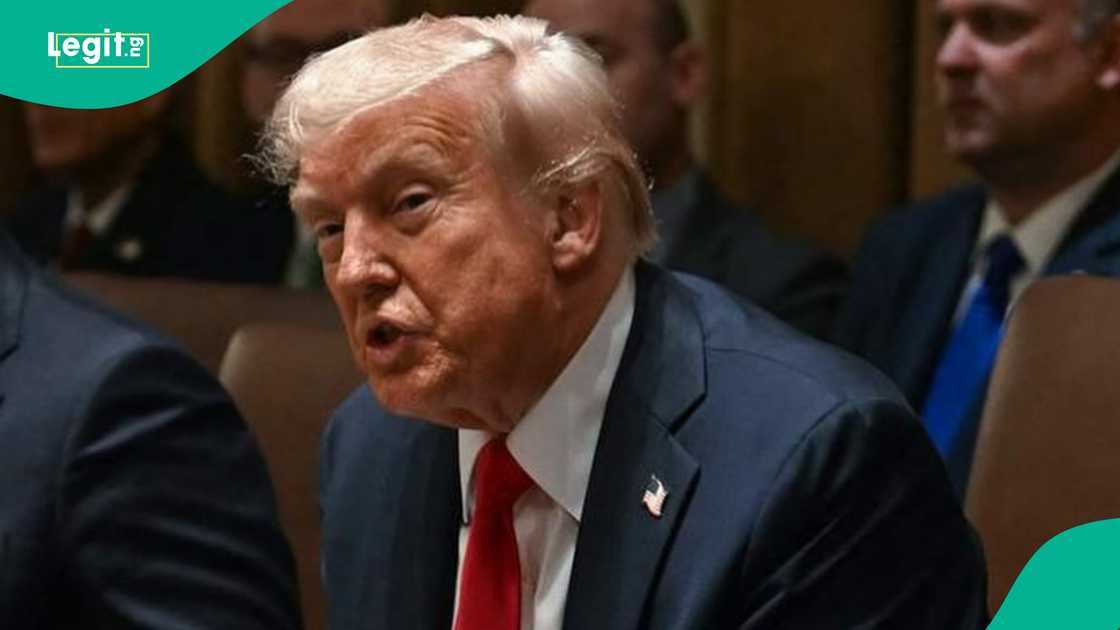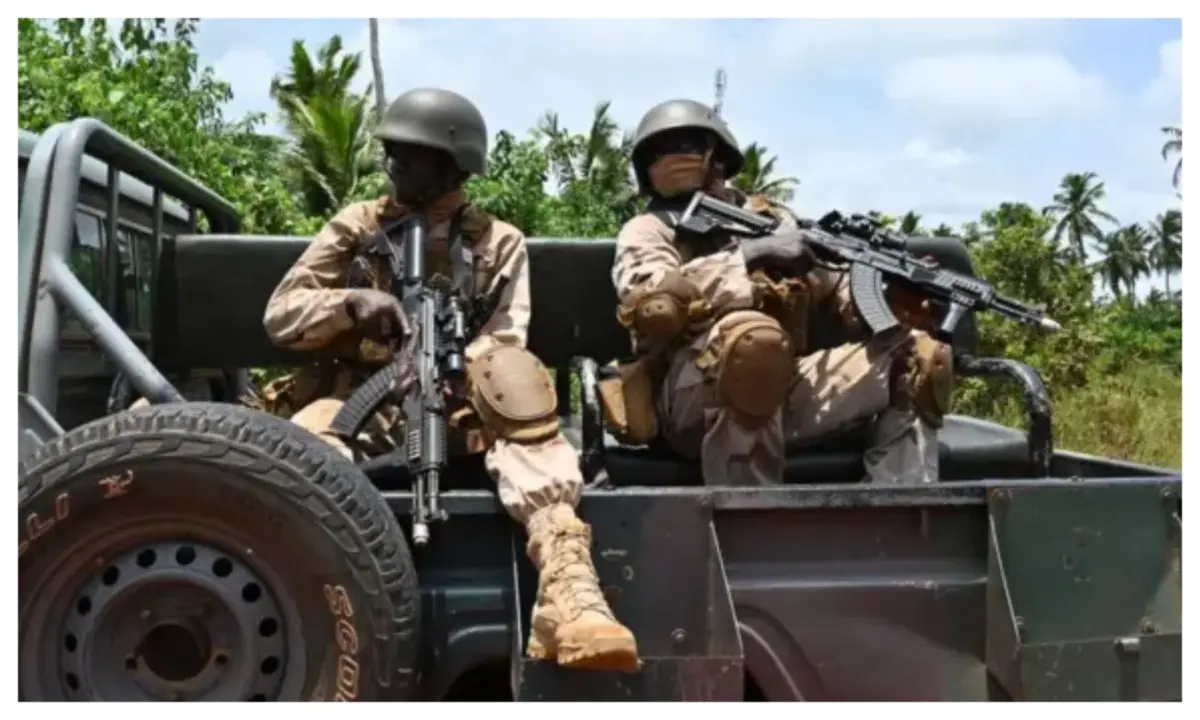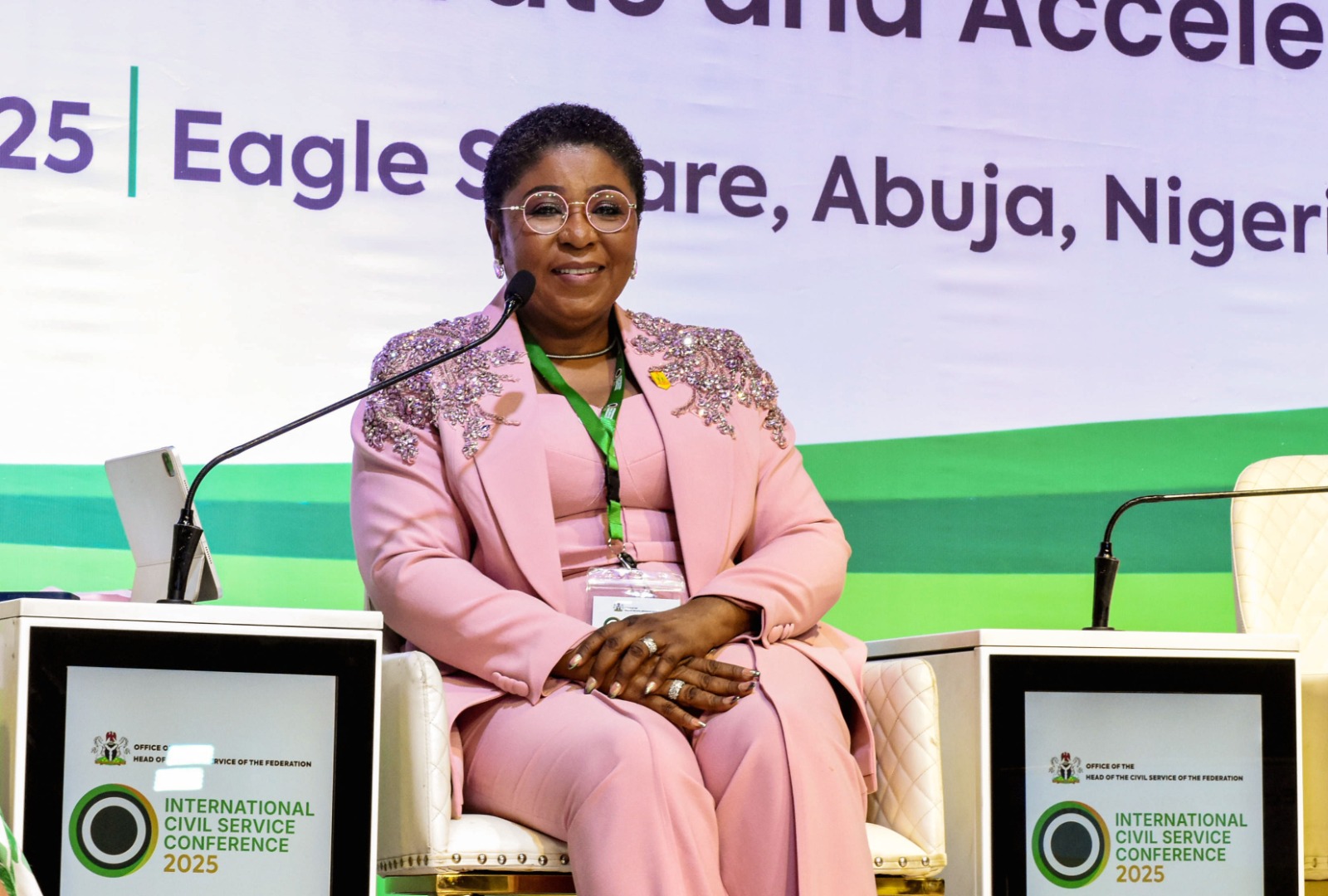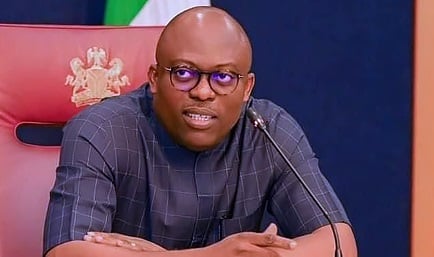On Tuesday, September 16, the US Mission in Nigeria publicly addressed mounting concerns from Nigerians about the costs associated with US visa application fees.
Over recent weeks, Nigerian social media has been buzzing with frustration and disappointment from applicants who report spending significant sums—running into millions of naira—on US visa processing, only to face denials. These reports have fueled a widespread online debate about the need for transparency and fairness in the visa process, with many calling on the US government to consider refunding fees to unsuccessful applicants or to introduce more robust financial protections for those whose visa requests are rejected.
In response to these viral calls for change, the US Mission in Nigeria posted on its verified X (formerly Twitter) handle, reaffirming that visa fees are used to cover application processing globally, regardless of whether the application is approved or denied. According to the US Mission, this policy is standard practice in embassies around the world, and the fees collected are not refundable under any circumstances.
It
https://x.com/usinnigeria/status/1967908634316202081
:
“We hear your concerns regarding U.S. visa application fees. Like most countries, U.S. visa fees cover the cost of processing the application, regardless of the outcome. While fees are non-refundable and non-transferable, each application is reviewed thoroughly and fairly.”
The US Mission also utilized its official website to remind Nigerian applicants and others that scheduling a visa interview should typically be done in one’s country of citizenship or the place where they reside permanently. This guidance comes amid broader efforts to clarify the application process and improve efficiency for Nigerian and regional applicants.
US visa updates
In addition to processing fee concerns, the US has introduced fresh requirements relating to social media. According to recent guidance, all visa applicants should set their social media privacy settings to ‘public’, allowing US officials to complete background checks and verify identities in compliance with US immigration laws.

Photo credit: Donald J. Trump
Source: Facebook
Further complicating the immigration landscape is a Presidential Proclamation on national security, introduced by the US and set to come into effect on June 9, 2025. This proclamation restricts visa issuance and entry into the United States for citizens from specific countries deemed high-risk for security reasons. According to State Department officials, these restrictions are part of continued counterterrorism and border security efforts.
Visa fees have also recently increased, reflecting global policy adjustments. In 2025, the US Department of State revised its fee structure for nonimmigrant visas—including those sought by Nigerians. As of now, visitor visas (B1/B2), which are the most common for business and tourism, cost $185 (around ₦275,570). Temporary worker visas have risen to $205 (about ₦305,294), impacting Nigerian professionals and seasonal workers hoping to travel for employment opportunities.
Economic migration: Local expert weighs in
Amid these policy updates, broader conversations around migration trends continue. Dr. Isa Olalekan Elegbede, a lecturer in Lagos State University’s Department of Fisheries, highlighted in a recent interview how migration is not just a one-way street. According to Elegbede, while many Africans are seeking opportunities abroad, there is a noticeable trend of Europeans moving to Africa, attracted by potential economic and investment prospects.
He encouraged Nigerians to refocus their attention on the abundant economic opportunities that exist on the African continent, suggesting that meaningful dialogue and local investment could empower communities and reverse migration pressures.
What Nigerian applicants should know
Given the new fee structure and evolving documentation requirements, here are some tips for Nigerians and West Africans considering a US visa:
- Review all updated US embassy guidelines before applying, especially any country-specific announcements.
- Consider the non-refundable nature of the application fees and budget accordingly—rejection does not mean a return of funds.
- Use only official channels for scheduling interviews, and be aware of fraudulent agents promising special access or refunds.
- Prepare to make your social media accounts public if requested—privacy settings may be checked for additional vetting.
- Monitor official updates, especially concerning Presidential Proclamations that may impact applicants from West Africa.
- Consult legal or migration experts if unsure about eligibility or upcoming policy shifts that could affect your application.
Local reactions and next steps
Reactions to these developments remain mixed in Nigerian communities. Some believe the strict fee policy is a discouragement, especially for youths and families seeking education, work, or reunification with loved ones in the US. Others argue that immigration policies are within a country’s sovereign rights and urge Nigerians to explore opportunities at home.
Policy analysts, such as Lagos-based migration advisor Chinedu Obinna, point out that wider engagement with embassies and transparent feedback mechanisms could help reduce frustrations. “If embassies would communicate more clearly why applications are denied, it could reduce the feeling of injustice surrounding the fees,” Obinna explained.
Looking forward
For many Nigerians, the process of applying for a US visa remains both a dream and a challenge. As policies change and fees adjust in line with global trends, transparency and dialogue with applicants—along with a focus on local opportunities—will continue to shape how Nigerians, Ghanaians, and West Africans navigate international travel and migration.
How do you feel about the current US visa process and fee policies? Have you or someone you know had a recent experience worth sharing? Drop your thoughts below and let’s continue the conversation!
We’d love to hear from you! Share your insights, visa experiences, or migration tips and get featured. Email us at story@nowahalazone.com.
For general support or questions, reach out via support@nowahalazone.com.
Stay updated on current migration issues and other hot topics—follow us on Facebook, X (Twitter), and Instagram.
Have a tip, opinion, or story? Don’t keep it to yourself—get in touch, and you could help inform others in your community!










